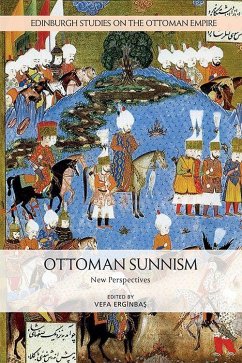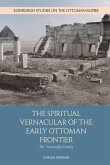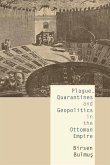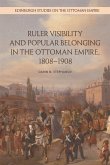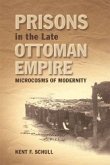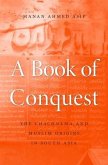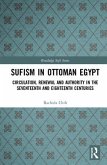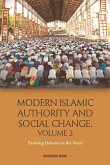Explores Ottoman Sunnism from the earliest period of the empire to its end Addressing the contested nature of Ottoman Sunnism from the 14th to the early 20th century, this book draws on diverse perspectives across the empire. Closely reading intellectual, social and mystical traditions within the empire, it clarifies the possibilities that existed within Ottoman Sunnism, presenting it as a complex, nuanced and evolving concept. The authors in this volume rescue Ottoman Sunnism from an increasingly bipolar definition that seeks to present the Ottomans as enshrining a clearly defined orthodoxy, suppressing its contrasting heterodoxy. Challenging established notions that have marked the existing literature, the chapters contribute significantly not only to the ongoing debate on the Ottoman age of confessionalisation but also to the study of religion in the Ottoman context. Key Features ¿ Revisionist chapters question established paradigms on Ottoman Sunnism, offering complex and nuanced understandings of the subject ¿ Contributes to the ongoing debate regarding confessionalisation in the Ottoman Empire ¿ Explains and - where necessary - revises various understandings of Ottoman religion ¿ Reflects different perspectives across the Empire, particularly from the Balkans and central heartlands ¿ Relevant to historians who study religion in Europe and Asia in the early modern world, allowing for increased comparative insights Vefa Erginbas is an Assistant Professor of History at Providence College, Rhode Island, USA.

